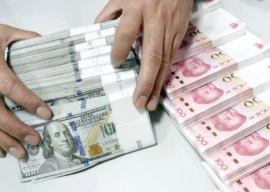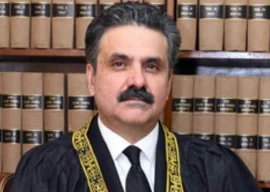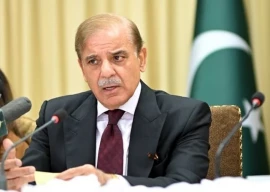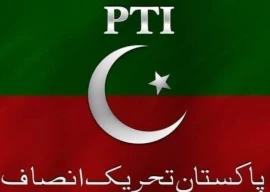Undoubtedly a powerful piece of legislation, the 18th amendment goes a long way in strengthening democracy at the parliamentary level, but falls short when it comes to strengthening intra-party democratic norms. In a bizarre move, the CCR opted to remove a constitutional clause that required political parties to hold elections for party positions. While the Political Parties Act does require intra-party elections, the removal of this clause seems arbitrary and has drawn the ire of several parliamentarians. Furthermore, the 18th amendment allows a political party leader to cancel the membership of any party member who votes against the party line in parliament, a clause earlier reserved for the money bill and when voting for the leader of House, amongst others.
Democracy within political parties, albeit a virtually unknown concept except for the Jamaat-e-Islami, no longer has constitutional protection, undermining democratic values at its core. Dissent will be replaced by sycophancy and independent views will be supplanted by dull acceptance. Admittedly. political parties paid mere lip-service to the concept of intra-party elections even before the removal of the constitutional requirement. But at least the requirement was enshrined in law which could have helped anyone who sought a judicial remedy.
But we can expect little more from a political system where dynastic succession to political party leadership has become the norm rather than the exception. We have created a political aristocracy where a ‘commoner’ has little chance of succeeding. Why don’t we then start declaring ourselves dukes, earls and counts? Is our future going to be dominated by the dukes of Larkana, Raiwind and Gujrat? How about earls and counts? Maybe the ruling royal family can bestow honours and land grants to feudal landlords. The rest of the serfs and minions can do what they have always done — suffer.
Our parliamentarians proudly tell us that the door to military dictators has been closed once and for all by proclaiming that anyone who aids, abets and supports a military dictator will face charges of high treason. This is a bit rich coming from a government that evades the issue of putting General Pervez Musharraf on trial and gave him a guard of honour when he left the presidency.
The power of the president to dissolve parliament has been removed again, but detractors argue that removing this safety valve only leads to military interventions. Ejazul Haque maintains he warned of this in 1997 when then Prime Minister Nawaz Sharif’s government threw out this provision. Two years later, General Pervez Musharraf ousted Sharif and ruled the roost — first as chief executive and later as president.
But the bottom line is simple.
No government need fear military intervention if it offers good governance and addresses issues important to voters. If a government is fair, honest and responsive to the demands and needs of the people, no military dictator can oust that government. And strong political leadership will be created only when people have a stake in the political future of the country. It will only happen if a party worker from the rank and file has the chance to rise to the top. And running political parties along dynastic and autocratic lines is not the answer.



1730959638-0/trump-(19)1730959638-0-165x106.webp)













COMMENTS (2)
Comments are moderated and generally will be posted if they are on-topic and not abusive.
For more information, please see our Comments FAQ